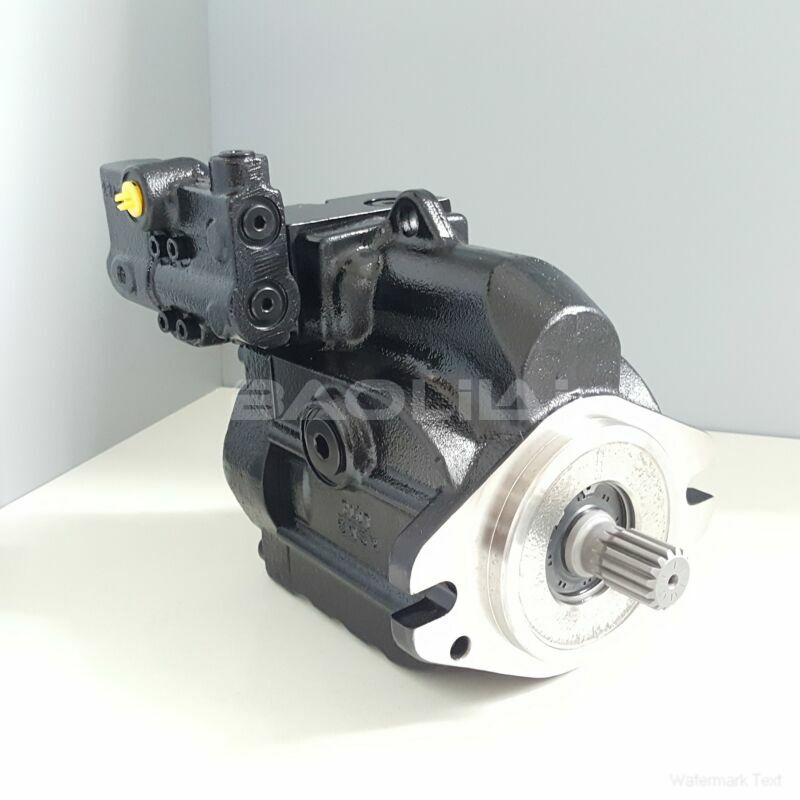KRR045DLS2118NNN3C2AGA6NAAANNNNNN sauer danfoss pump
KRR045DLS2118NNN3C2AGA6NAAANNNNNN sauer danfoss pump

- Product Details
- Applicable Scene
In recent years, the push for sustainable energy solutions has driven innovations in geothermal energy systems and heat pumps. A pivotal component of these systems is the hydraulic oil pump, which plays a crucial role in transferring heat efficiently and maintaining the overall effectiveness of the setup. This article explores the design considerations and challenges associated with hydraulic oil pumps in geothermal energy applications.
KR-R-045D-LS-21-18-NN-N-3-C2AG-A6N-AAA-NNN-NNN
KRR045DLS2118NNN3C2AGA6NAAANNNNNN
Geothermal energy systems harness heat from the Earth, directing it to heating or cooling applications. Heat pumps, on the other hand, use this geothermal energy for temperature regulation, providing an energy-efficient solution for both residential and commercial spaces. The design of hydraulic oil pumps for these systems must account for various factors to ensure optimal performance.

83062154
One primary design consideration is the type of fluid used in these systems. Hydraulic oils must possess properties such as high thermal conductivity, low viscosity, and excellent lubrication qualities to function effectively over a wide range of temperatures. Additionally, the pump materials must be resistant to corrosion, especially in geothermal applications where the presence of mineral-laden water can lead to degradation over time.
Pump efficiency is another critical design aspect. Engineers must focus on creating pumps that minimize energy consumption while maximizing flow rates and pressure levels. This is achieved through advanced computational fluid dynamics (CFD) simulations during the design phase, allowing for the optimization of impeller shapes and housing designs. An efficient pump not only reduces operational costs but also contributes to the overall sustainability of the energy system.
Size and scale are also vital considerations. Geothermal systems can vary significantly in size—from small residential heat pumps to large-scale commercial installations. Customizing hydraulic pumps to fit the specific requirements of each system ensures that they operate within their ideal range, enhancing both performance and longevity.
Noise reduction and vibration control are often overlooked, yet these factors can significantly impact the comfort of end-users and the reliability of the system. Engineers are increasingly focusing on minimizing these issues in pump design, using techniques such as vibration dampening mounts and sound insulation to create a more pleasant operating environment.
Furthermore, the integration of smart technologies is becoming essential in modern pump design. Incorporating sensors and IoT capabilities can provide real-time monitoring and diagnostics, allowing for predictive maintenance and performance optimization. This not only enhances the reliability of the system but also extends the life of the pumps themselves.





